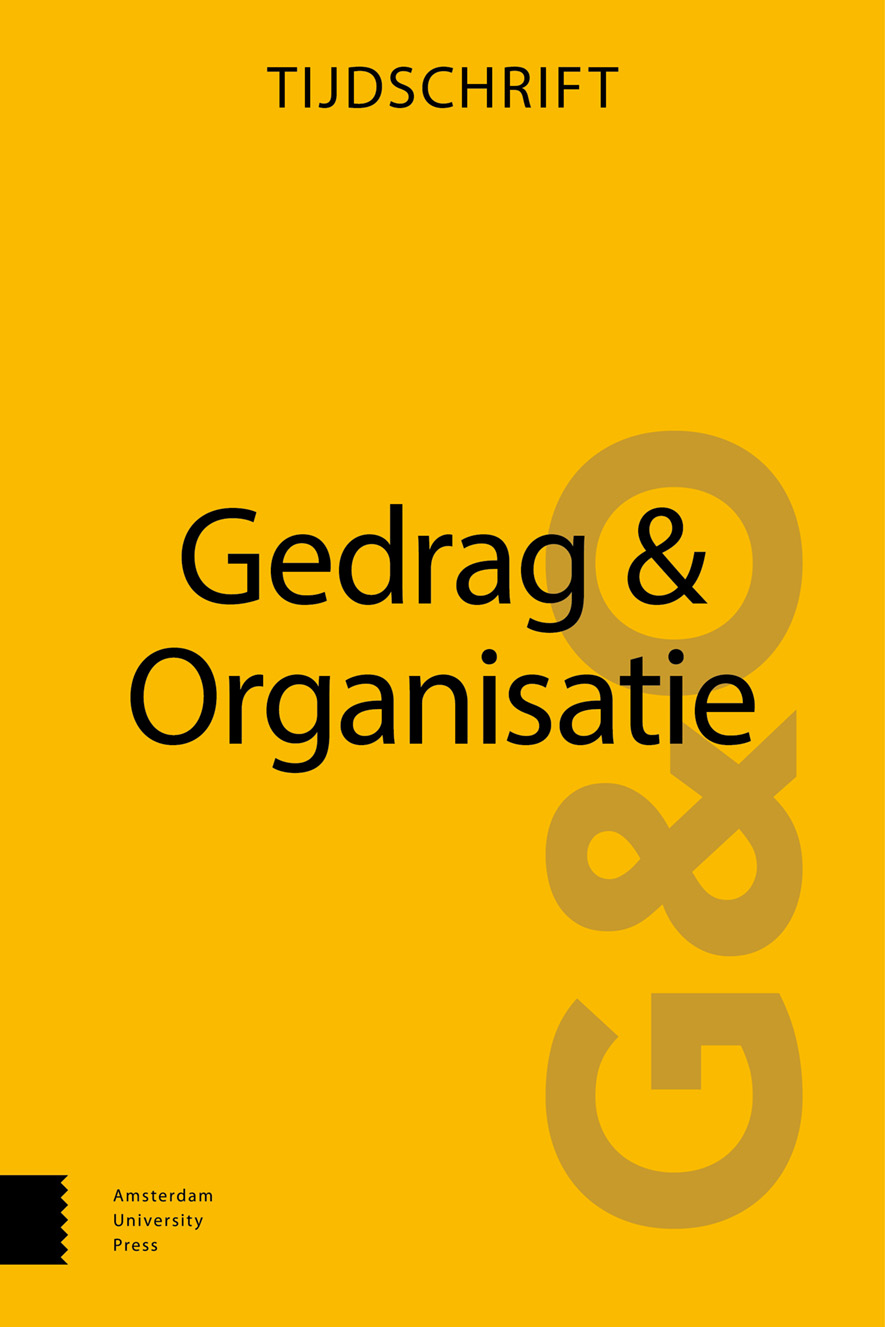-
oa Het kwantitatief integreren van empirische studies: de methode van meta-analyse
- Amsterdam University Press
- Source: Gedrag & Organisatie, Volume 19, Issue 3, sep. 2006,
Samenvatting
Quantitatively integrating empirical studies: The method of meta-analysis
Marise Ph. Born & Stefan T. Mol, Gedrag & Organisatie, Volume 19, September 2006, nr. 3, pp. 251-271
Meta-analysis is a quantitative integration of results of a series of empirical studies into a specific research question. The method of meta-analysis has obtained a dominant position in the social sciences and beyond, as it may help in obtaining an overview of the explosively increased number of research publications. This contribution discusses the basics and consecutive steps in performing a meta-analysis. A meta-analysis that we conducted on expatriates serves as an illustration. Next to the many points in favor of meta-analyses, such as having a better overview of a research domain and shifting the traditional focus on significances of effects to sizes of effects, several important controversies remain. One of these is the issue of waving away a specific cause of variance in research findings as a methodological artifact, or interpreting it as a meaningful case of variance. We maintain that every social or industrial- and organizational psychologist who wants to stay up-to-date scientifically should be able to interpret meta-analyses.


